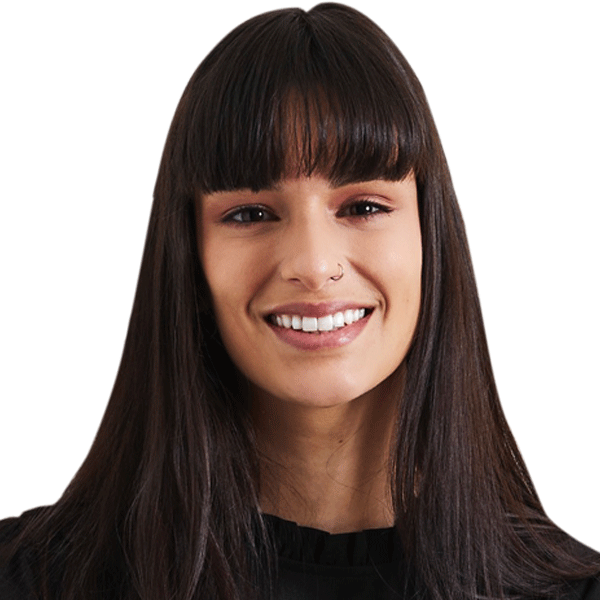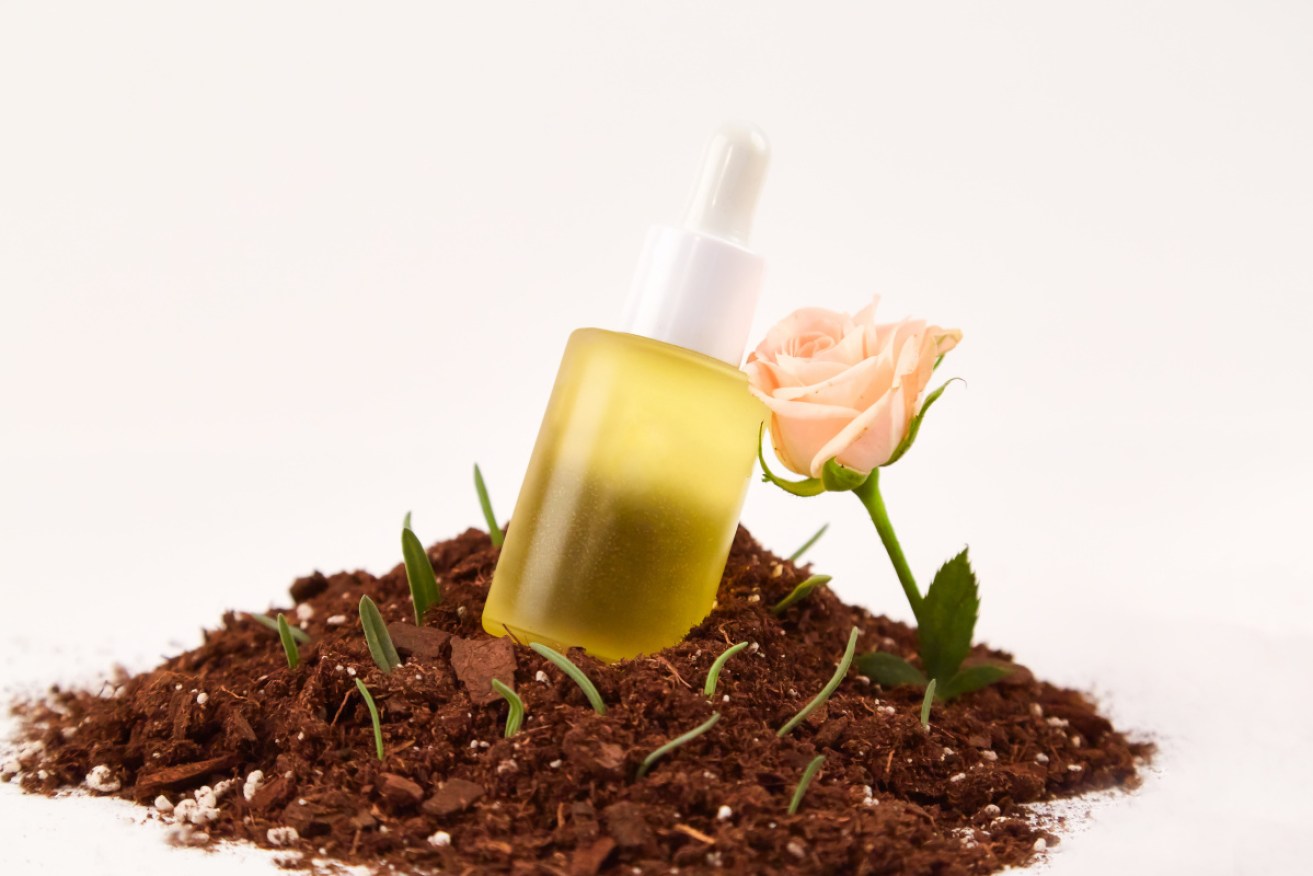Breaking it down: How to make your beauty routine more sustainable


Superb skincare and sustainable practices don't have to be mutually exclusive. Photo: Getty
The secret to a good beauty routine is just that – routine.
But a well-rounded routine often means going through products quickly, and buying and re-buying products comes with its own set of consequences.
Whether it’s squeeze-tubes, glass jars or plastic bottles – the beauty world is far from sustainable.
Product packaging containing multiple materials makes recycling all the more difficult, so beauty-lovers are left with few options.
Luckily, Australian shoppers are starting to take more notice of their environmental footprints and are looking to avoid plastic and single-use packaging wherever possible.
And the good news is, brands are taking notice.
Edible Beauty is a vegan, cruelty-free, home-grown beauty brand that prioritises sustainability and the environment.
Anna Mitsios, naturopath and founder of Edible Beauty, said brands and consumers don’t have to chose between effective products and sustainability.
“I wanted to make a brand that was effective as a skincare range, but that wouldn’t be to the detriment of our planet or animals or our ecosystem – I’m of the view that we can have everything,” Ms Mitsios told The New Daily.
Avoiding plastics where possible in favour of UV light-blocking miron glass (which makes products last longer), Edible Beauty has committed to ensuring products are recycled correctly by partnering with TerraCycle.
The TerraCycle program allows customers to send off their used containers so that they can be properly recycled – and shipping is free.
Proper recycling is a big issue in the industry, Ms Mitsios said, because most consumers aren’t clued in to what can and can’t be recycled.
“A lot of the boxes that you’re getting have a varnish on them, so you can’t actually recycle them – even the packaging!” she said.
As for other easy tips that we can all incorporate into our beauty regimes, using oil cleansers or reusable cloth make-up wipes are high on the list.
“Those single make-up removal wipes that people just throw in the bin is a huge contributor to landfill,” Ms Mitsios said.
Good, green beauty
The market for green beauty is growing to match the demand as sustainability becomes increasingly important to consumers.
Many L’Occitane, Kiehl’s, Biome and Jurlique stores have in-store TerraCycle stations so you can avoid shipping altogether.
But if being environmentally responsible isn’t enough to persuade you, you can also score up to 10 per cent off your next purchase just by recycling your products.
Kiehl’s will even help turn your trash into treasure (literally) by giving you different gifts for each empty Kiehl’s container you return.
Another beauty brand doing its part to go green is Innisfree.
Also part of the TerraCycle program, Innisfree goes the extra mile with their ‘My Innisfree’ loyalty program which earns customers 50 points for each container they return.
Sukin is one of Australia’s most recognisable and affordable beauty brands and boasts a strong history of merging skincare and sustainability.
The Melbourne-based company is dedicated to ensuring its products are as sustainable as possible by using biodegradable formulas.
Ms Mitsios said this was important because harmful ingredients like parabens and sulfates often get washed down the drain and end up in our oceans.
“The actual formulas themselves can be pretty toxic to the marine system and ecosystems,” she said.
Sukin is also 100 per cent carbon neutral, greywater-safe and best of all, you can pick it up at your local supermarket.
Sydney-based beauty store, Foile, are doing their part for the environment by making all their classic products refillable.
Customers can bring back their glass perfume bottles, oil droppers and jars for a refill and avoid throwing out a perfectly good container.
Foile co-founders, Alexandra Grima and Su Tuttle said the industry needs to adapt to meet consumer needs.
“Beauty and skincare is such a high consumption industry, you use your face wash and out it goes, you use your makeup and out it goes,” Ms Grima told The Guardian.
“So many products are packaged in plastic so there’s also a high environmental impact, but it doesn’t need to be that way. If we switch to refillable vessels we can save up to 70 per cent of the waste that ends up in landfill.”








